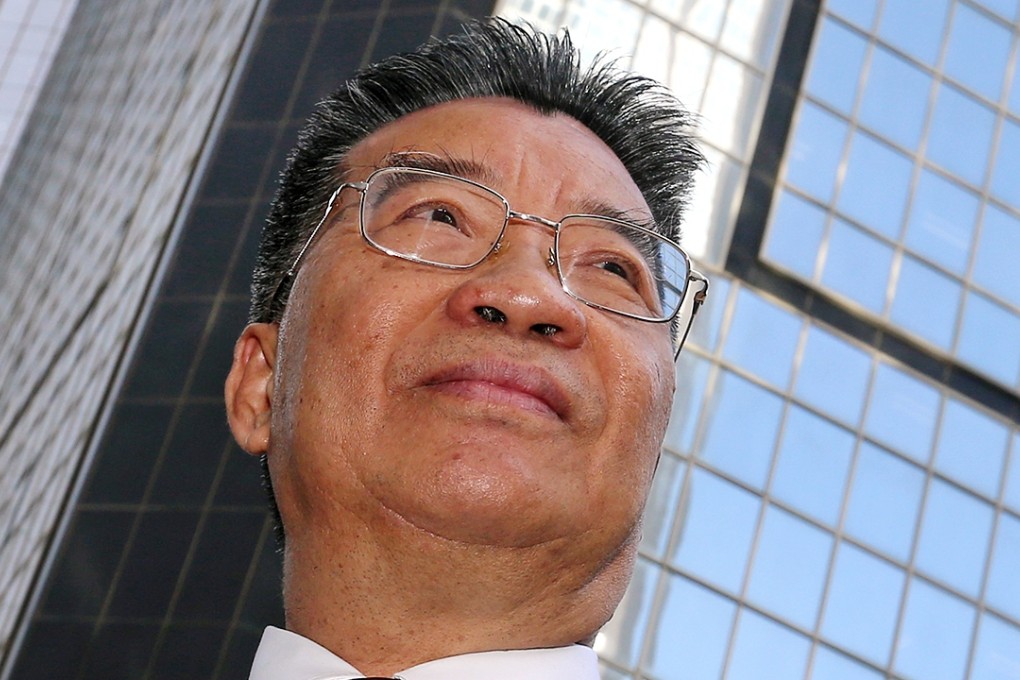Hong Kong’s Lew Mon-hung: How the maverick turned from an ally of Leung Chun-ying to an enemy and took on pan-democratic causes
The man who swam to Hong Kong 40 years ago accuses the chief executive of breaking promises to him

Businessman Lew Mon-hung – better known for his moniker Dreambear – has come a long way considering that the former ally of Chief Executive Leung Chun-ying literally swam to the city some 40 years ago before eventually rising to the heights of business and politics.
“I ventured into the fragrant harbour with nothing more than swimwear,” he repeatedly told the District Court, which sentenced him to 18 months in jail on Monday.
READ MORE: Controversial Hong Kong businessman Lew Mon-hung found guilty of perverting course of justice, faces 18 months in jail
But arguably, no side of him fascinated the city more than his bittersweet entanglement with Leung – the man Lew said he helped climb to the very top.
Lew, 67, was convicted on Monday of perverting the course of justice by sending Leung an email and letter urging him to stop an investigation.
Lew blamed Leung in court for having a part to play in his fall from grace. But for many, what has become increasingly apparent is that the chief executive might have played a role in softening the former loyalist’s previous stern pro-Beijing view.
Over the past three years – the time when he was falling out with Leung – Lew has gone from a member of the Chinese People’s Political Consultative Conference, the country’s top advisory body, to a supporter of pan-democrat Alvin Yeung Ngok-kiu.